By Sandra Fish and Lynn Clark
Cross-posted from Colorado Media Project on Medium – follow us at this link.
How can we encourage deep, data-driven, trustworthy and meaningful reporting on one of the most contentious, polarizing topics facing this nation – immigration?
This September, in Colorado, we’re gathering journalists, developers, community members and students to collaborate in a two-day hackathon using data to create interactive stories about immigration in our state: Migrahack.
We need to do a better job reporting on immigration in ways that serve community. The headlines we see every day do not do justice to the reality. Immigrants and refugees have long been a part of our nation, but the interactions among newcomers and those who have long lived in the U.S. are complex. We need a better understanding of how the U.S. legal system treats immigrants, how that differs from the past, and what proposals for change mean for the future. The University of Denver and Colorado Media Project want to bring more of these stories to Coloradans through Migrahack.
How will it work? We’ll form teams interested in examining a specific topic with a specific dataset, and spend two days developing an interactive way to tell a story using that dataset. Late Friday, we’ll have immigration experts available to interact with teams as news sources.
At the end of Saturday, we’ll share our work and celebrate it together.
This isn’t the first Migrahack, but represents an update on an earlier idea. Migrahacks had their start in 2012, when journalist Claudia Nunez, a Stanford Knight Fellow, sought to dig deeper into data surrounding immigration and illuminate immigration stories journalists weren't telling by including community members and a more inclusive group of journalists and developers.
Today there are fewer journalists, and both misinformation and disinformation are flourishing on the topic of immigration. We believe a statewide Migrahack can be an important part of building community to get trustworthy information to Coloradans, who need it to be thoughtful participants in our democracy.
First, the two-day event is designed to shore up relationships among individuals and community groups that serve and support immigrants and the people professionally charged with telling stories about these groups, some of whom are not part of immigrant communities themselves. More people around the world actively avoid the news – 32%, according to the 2019 Reuters Digital News report. So any effort is important and welcome when it offers opportunities to connect people who live out immigration dramas every day with those charged with telling evidence-based stories for a wide audience.
Second, Migrahack will introduce people to the latest ways of finding and evaluating credible information. This is particularly important in an era of disinformation and misinformation, when studies have found that people over 65 are more likely than other groups to spread misinformation via social media and that young people are more likely than other groups to get their news first via social media and messaging apps rather than via traditional news sites (read the full report). Other studies have noted that about two thirds of U.S. adults say they get their news via social media, highlighting the need to experiment with news delivery as well as relationship-building.
Third, Migrahack will include young people and adults of all ages and from various backgrounds. In a time when adults and young people actually interact fairly infrequently (and not always in positive ways) around issues such as immigration, and when we know that positive youth-adult interactions can build resilience, this event poses an intriguing opportunity for enriching insights as well as preparation for participation in democratic decision-making.
Over the years, several nonprofit groups have been involved in planning and funding Migrahacks, including the now-defunct Institute for Justice and Journalism. The Colorado Migrahack has garnered national, regional and local funding, mostly as part of an effort to recognize the need to build relationships in advance of the 2020 elections for what some argue is an historically purple state.
If you have an interest in participating, we hope you’ll mark your calendar for Sept. 27 and 28, a Friday and Saturday. Registration is open for the event, so you may reserve your spot today.
Colorado Media Project is assembling datasets for participants to use –– and we’d love to hear your ideas about datasets you’d like us to obtain.
Among the datasets we’re planning to obtain:
Census data, of course, about foreign-born population in Colorado counties over the decades.
Census data on ethnicity over time.
Data on work visas awarded in Colorado..
Immigration enforcement data.
International enrollment at Colorado’s public colleges and universities.
Ethnicity of students at Colorado’s public colleges and universities
But we’d like to hear from you about what resources you’re interested in to enable you to participate in the Colorado Migrahack. If you could fill out this survey, it will help us prepare for this event.
Ultimately, our goal is to give Coloradans information they need about immigration in our state, based on data with room to explore the complex issue in a myriad of ways.
We hope you’ll join us!

